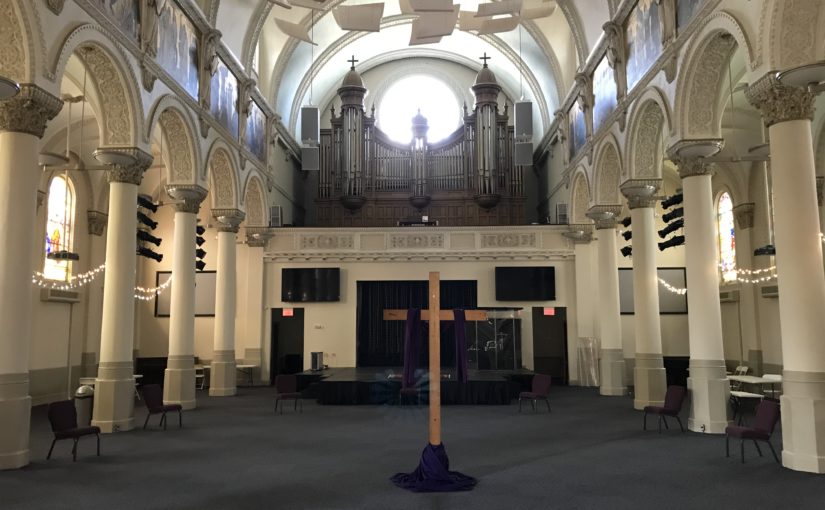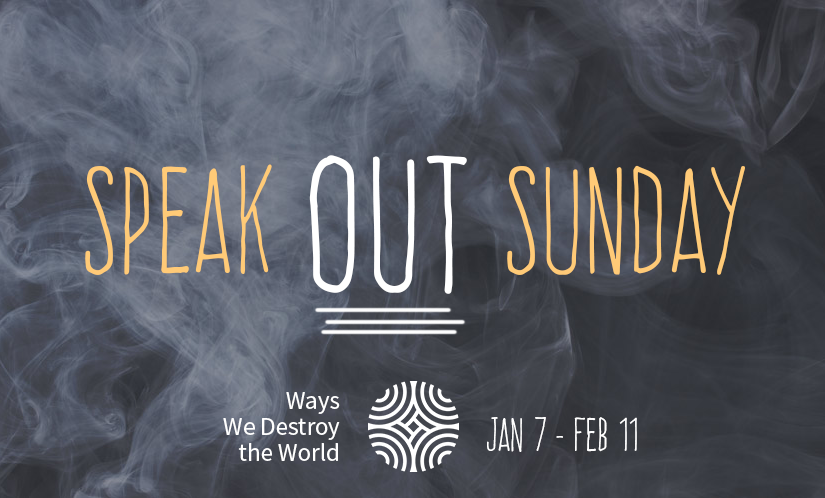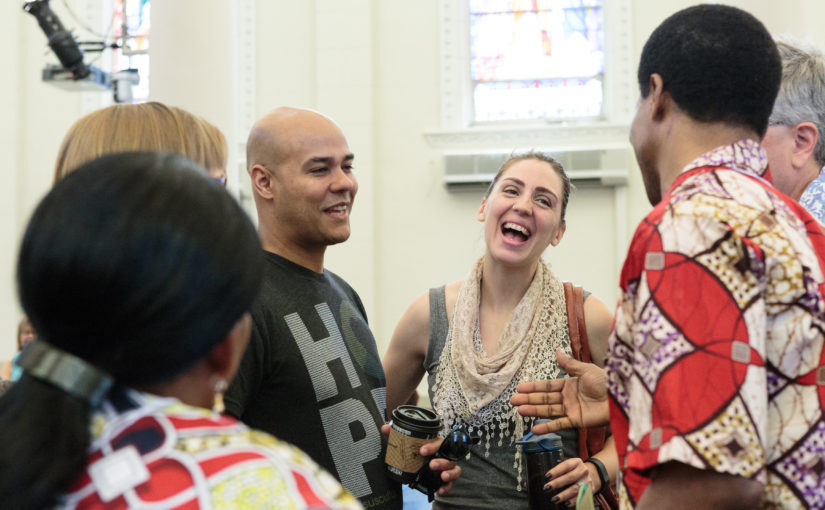As I’ve been talking with some of you this past week, I’m thinking about how differently we have experienced this past year’s pandemic and how differently we’re experiencing this spring’s reopening. Of the hundreds in the Reservoir Church community, some of us suffered significant losses this past year. Others of us were not impacted much at all. And now, as summer approaches, some of us are back out and about living our more or less ordinary lives, while others of us still live under significant precautions and limitations – chosen by ourselves or required by others.
All of us, though, have watched daily tallies of sickness and death from our news media for over 14 months. For those same 14+ months, we have not met together for worship in our sanctuary. Most of our kids and most of us who work have had our routines dramatically upended. Many of us have lived with heightened levels of fear.
And now, we are being given permission, freedom, invitation to get vaccinated – if we haven’t yet – and to live in person, out and about, robustly connected lives again. Obviously, this is great news. I’m so very happy and thankful about all this!
But it’s complicated too. For years, trust in government and media and most public institutions has been declining. All aspects of the COVID-19 pandemic have also been heavily politicized. Some of us wonder if we can trust the guidance we’re being given. Many of us have a lot of international connections, and we are aware of how badly COVID is still raging in other places. We wonder what to make of that. Most of our kids, and all our kids under 12, have not been vaccinated, and we wonder what that means for them. Others of us have various reasons beyond what I’m mentioning that we are still very cautious and concerned.
What does this mean for a diverse church community of several hundreds as we prepare for return to in-person community life?
There are at least two things that it means.
- We will continue to have online options for community groups, Sunday worship and teaching, as well as kids and youth programming for the foreseeable future for people who aren’t ready for in-person community, live further away, or have fallen in love with pajama life.
- We have an opportunity to practice good news community, love for one another. Many of the last parts of the Bible are letters to small, first century churches and church networks. Like us, these communities were diverse by every measure of their times, and like us, these communities were living through complex and hard times. Amidst their troubles and differences, their founders and pastors told them things like this:
Galatians 6:2 “Bear one another’s burdens, and in this way you will fulfill the law of Christ.”
This is referring to Jesus’ command to his followers that they love one another as Christ has loved us, seeking one another’s good, and sometimes even laying down our lives for our friends.
And this:
Romans 14: 13, 15:7 “Let us therefore no longer pass judgment on one another, but resolve instead never to put a stumbling block or hindrance in the way of another.”
And “Welcome one another, therefore, just as Christ has welcomed you.”
This whole conclusion to the letter to the Romans is a call to non-judgemental acceptance and hospitality. When it comes to the Jesus way to do faith community, it’s more important to do things that remove barriers to people’s welcome and safe participation than to have things go our own way.
Our reentry, and our different feelings about mask wearing and many other things, give us the opportunity to choose not to insist our own own way but to welcome ways of being in community this summer that support and welcome one another, and that particularly extend love and grace and care to those of us who are most cautious, concerned, or vulnerable.
We’ll get into the details of what our summer in-person services will look like at the members meeting on June 13th, 11:00 a.m. – immediately following that Sunday’s online service. But please prepare yourself for a moment by thanking God for accepting you – all of you, just as you are – in Christ. And commit yourself to extending hospitality and understanding to those of you who are going about life differently than you this summer, and specifically for a season in our church community where we joyfully welcome our different temperaments and levels of precaution without judgment but with love and grace.
Peace,
Steve






